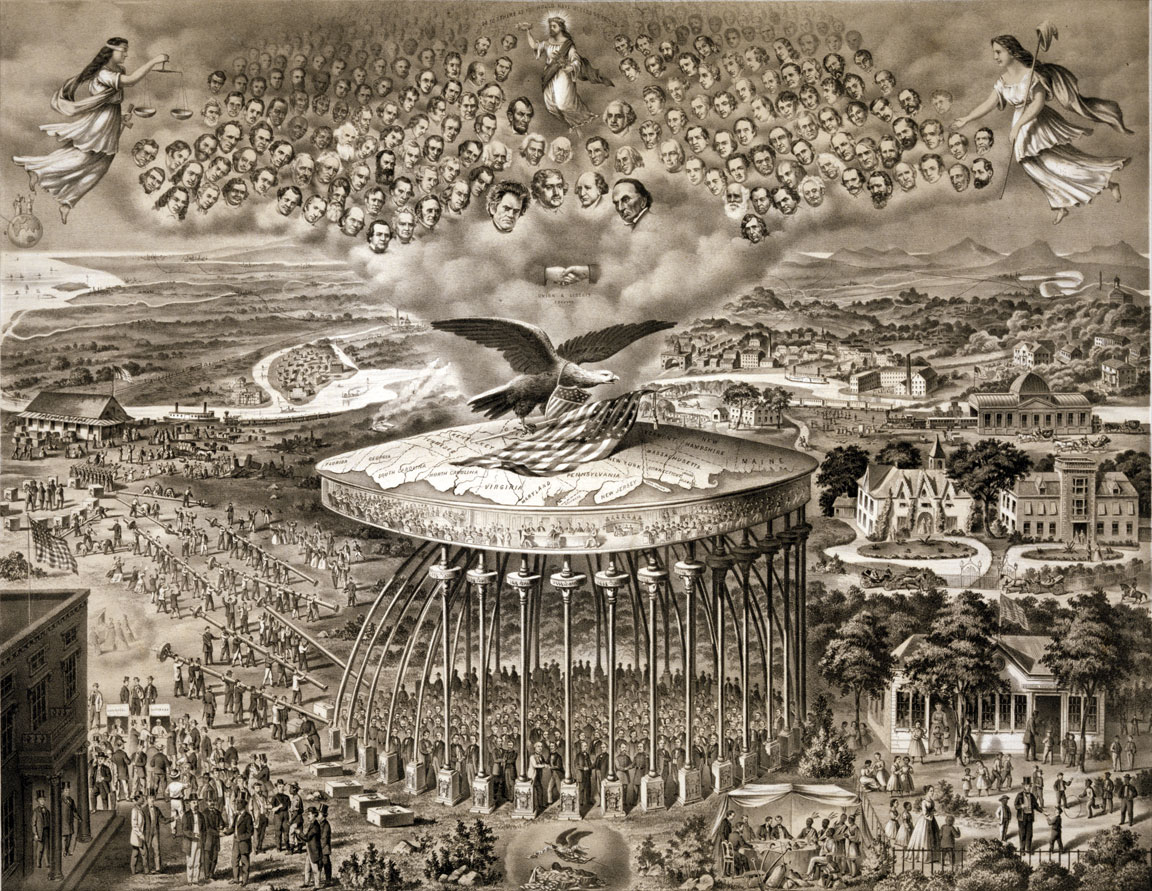End of Reconstruction

President Hayes kept his campaign promise to remove federal troops from the South, ending the period known as Reconstruction. The order was given on May 1st, 1877. The decision to end Reconstruction and return the rule to Southerners, soon resulted in the disenfranchisement of the Blacks in the South.
President Hayes promised to withdraw federal troops from the South if he became President. He kept his promise, thus ending the Era of Reconstruction in the South.
The end of Reconstruction returned control of the government in the South to the white Southerners, who promptly disenfranchised African Americans.
Historians continue to dispute the period of Reconstruction today. One view considers it an opportunity lost. Instead of working to heal the wounds, it caused greater rifts between the South and the North by imposing Northern rule on the South without addressing the underlying social and economic problems.
The other school of thought states that the racism of the South would not have allowed Reconstruction to succeed. This racism ensured that once federal troops were no longer available to protect the rights of blacks, these rights would be immediately eliminated.
In 1882, ex-slave Frederick Douglass probably put it best when he wrote: "Though slavery was abolished, the wrongs of my people were not ended. Though they were slaves, they were not yet quite free. No man can be truly free whose liberty is dependent upon the thoughts, feelings, and actions of others and who has no means in his own hands for guarding, protecting, defending, and maintaining that liberty. Yet the Negro, after his emancipation, was precisely in this state of destitution. He was free from the individual master but the slave of society. He had neither money, property, nor friends. He was free from the old plantation, but he had nothing but the dusty road under his feet. He was free from the old quarter that once gave him shelter, but a slave to the rains of summer and the frost of winter. He was, in a word, literally turned loose, naked, hungry, and destitute to the open sky."
It was not until the late 1960s that African-Americans in the South achieved legal rights, and it was not until the 1980s that they regained the political power they had obtained during Reconstruction.
 >
>